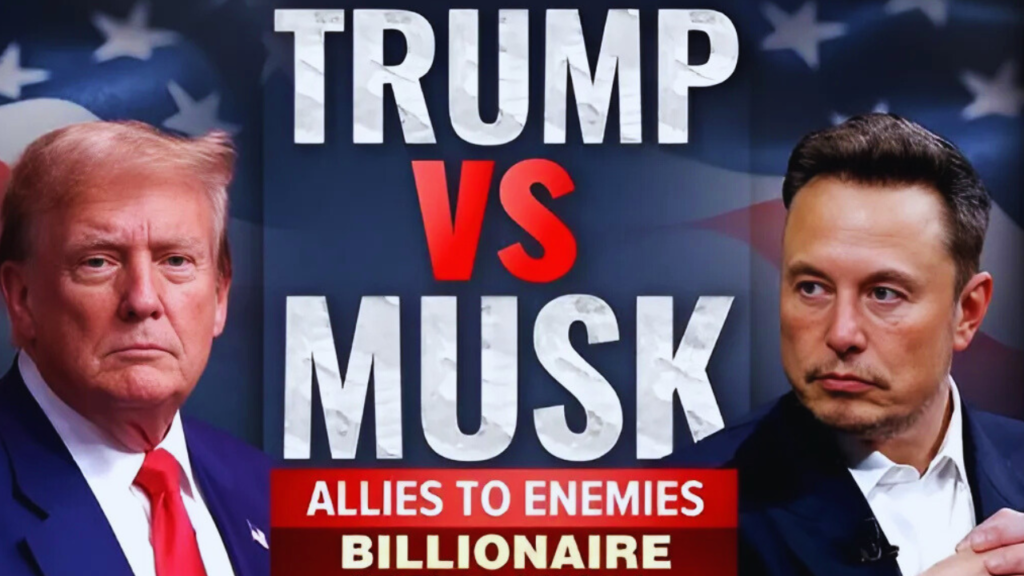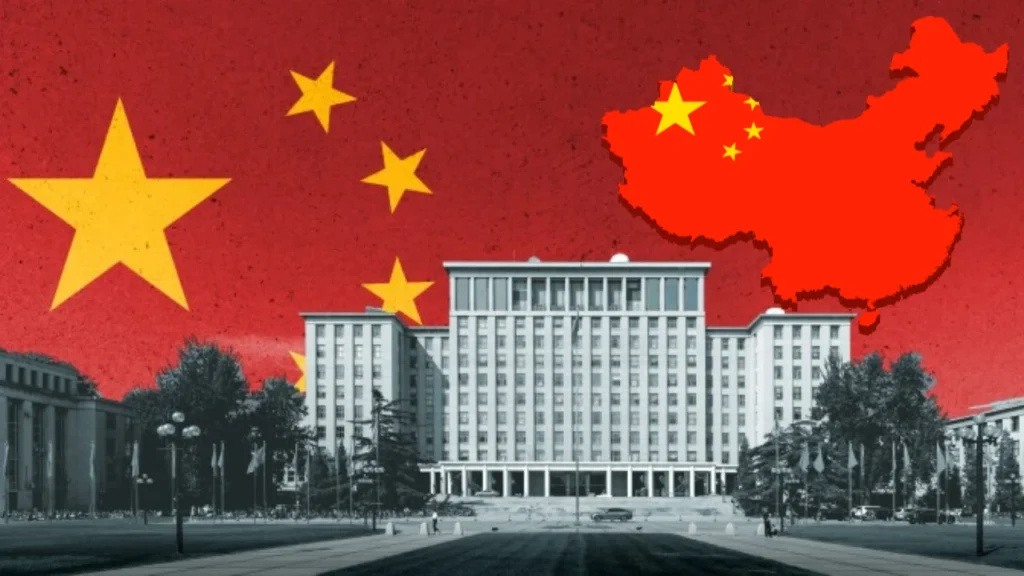In a dramatic twist that few could have predicted just a year ago, tech billionaire Elon Musk and former U.S. President Donald Trump have gone from political allies to public adversaries. Once seen as strange bedfellows whose partnership helped shape the outcome of the 2024 U.S. Presidential election, their fallout has now become one of the most talked-about feuds in both political and corporate circles.
Their relationship, built on shared goals and convenience, is now marked by deep rifts, personal attacks, and political maneuvering that could affect not just their legacies but also the future direction of the Republican Party and U.S. technology policy.
A Political Partnership That Turned Heads
When Elon Musk openly supported Donald Trump in the 2024 election, it stunned many observers. Musk, who had previously leaned libertarian and avoided deep involvement in partisan politics, became one of Trump’s biggest financial backers. His Political Action Committee, dubbed “America PAC,” reportedly poured over $270 million into Republican races, including Trump’s presidential campaign.
Musk’s involvement was not just about money. He also appeared at rallies and joined town halls in swing states like Pennsylvania, helping to craft narratives around innovation and deregulation that appealed to younger voters and tech-friendly demographics. Trump, in return, offered Musk an influential role in the administration — appointing him as head of a newly created “Department of Government Efficiency,” informally dubbed the “DOGE Office.”
Cracks Begin to Show: Disagreements on Fiscal Policy
- Despite the early camaraderie, cracks in the relationship started to emerge just months into Trump’s second term. The first major disagreement arose over a sweeping tax and spending bill that Trump introduced — a move aimed at boosting infrastructure and defense, but one that also significantly increased the federal deficit.
- Musk criticized the bill publicly, calling it “financially reckless” and suggesting it would harm long-term economic growth. His critique didn’t sit well with Trump, who expected loyalty in return for political favors. Musk’s open defiance was seen as a betrayal by Trump’s inner circle.
- Shortly afterward, Musk stepped down from his government advisory role, marking the beginning of a rift that would only deepen with time.
From Disputes to Direct Attacks
- What began as policy disagreements quickly escalated into personal attacks. Musk made headlines when he claimed in an interview that “Trump wouldn’t have won the election without me,” citing his donations, public endorsements, and outreach to swing voters.
- Trump, never one to take public criticism lightly, fired back during a rally, calling Musk “overrated” and accusing him of self-serving behavior. He even hinted at initiating federal investigations into Musk’s companies, including Tesla and SpaceX, over their use of government subsidies and contracts.
- Musk responded on social media by releasing files related to Trump’s past associations with controversial figures, including references to Jeffrey Epstein, further inflaming tensions.
A New Political Threat: The American Party
- As the feud escalated, Musk floated the idea of launching a new political party. In a poll posted on X (formerly Twitter), over 5 million users responded, with nearly 80% supporting the creation of what Musk dubbed “The America Party.” The idea is still in the early stages, but the concept itself has rattled the Republican establishment.
- If Musk goes forward with the party or even starts backing independent candidates, it could split the conservative vote, weakening Republican chances in the 2026 midterms and potentially beyond.
- Political analysts suggest that Musk’s growing influence in right-wing circles, combined with his reach on social media, gives him an edge most third-party efforts lack. While it’s unclear if he’ll pursue this path seriously, even the threat of such a move is already altering the political landscape.
The Republican Dilemma
- The fallout between Musk and Trump has created a dilemma for many Republican lawmakers. On one hand, Trump remains the party’s most influential figure and its current leader. On the other, Musk’s financial power and ability to fund primary challengers make him a force that can’t be ignored.
- Some GOP figures have tried to stay neutral, urging both men to settle their differences privately. Others have chosen sides, with pro-business conservatives leaning toward Musk’s vision, while populist factions stay loyal to Trump.
- This division could lead to a fractured party base, which would benefit Democrats heading into the next election cycle. Political operatives are already scrambling to assess the damage and explore how to bring both camps back under one umbrella, though success remains uncertain.
Tech and Business Implications
- Beyond politics, the feud also has implications for the tech industry. Trump has hinted at limiting federal support for SpaceX launches and hinted at antitrust investigations into Musk’s acquisition of X and expansion of Neuralink.
- Musk, in turn, is reportedly exploring moving some of Tesla’s U.S. manufacturing to countries with friendlier tax policies, a move that could cost American jobs and further strain his relationship with the federal government.
- If the situation worsens, it could trigger economic ripple effects in sectors ranging from defense to AI, where both figures hold influence.
Final Thoughts: A Battle of Egos or a Clash of Ideologies?
While it’s easy to label the Musk-Trump fallout as a battle of egos, there’s more at play. Both men represent different visions of America’s future. Trump stands for nationalism and traditional populism, while Musk represents tech-driven globalism with a libertarian slant.
The outcome of their feud may shape the future of not just the Republican Party but also how political power interacts with corporate influence in the years ahead. For now, the public watches as these two giants — once allies — clash on the national stage with far-reaching consequences.





















